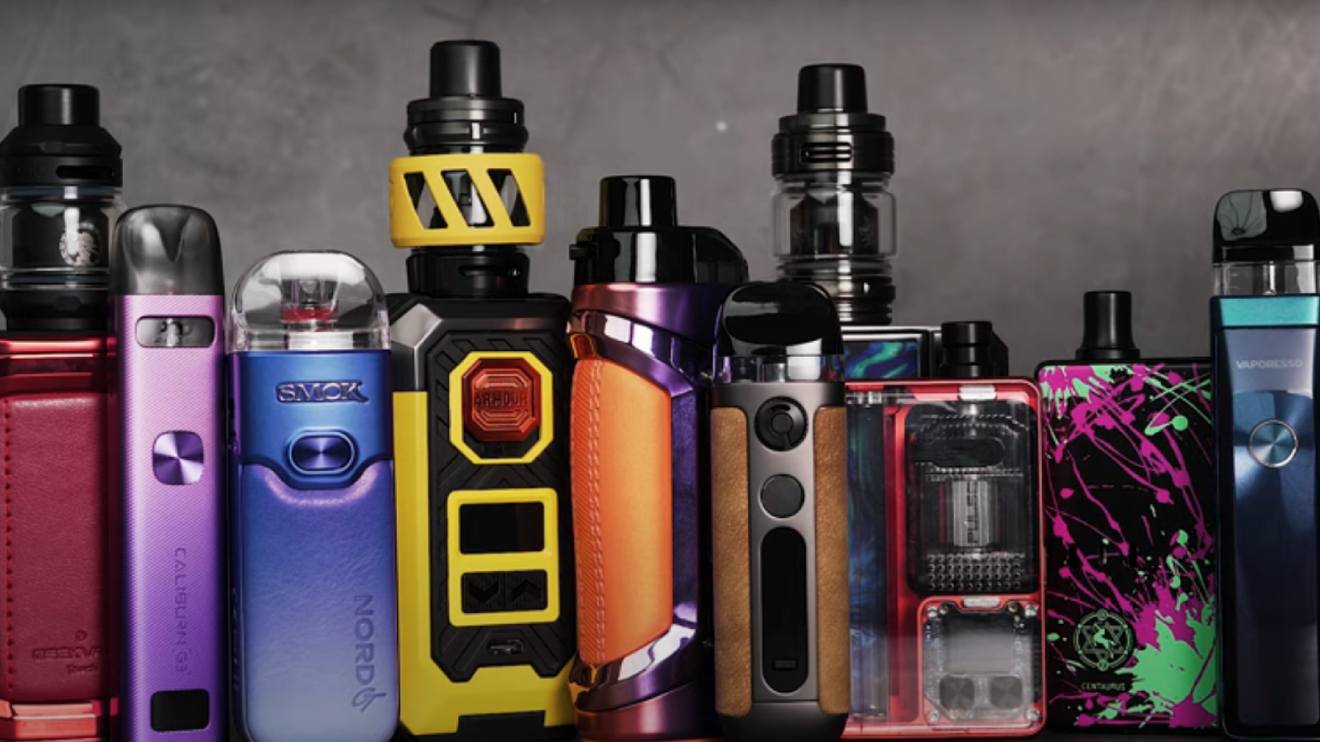In commemoration of World Vape Day and ahead of World No Tobacco Day on Friday, BAT Kenya has made a compelling call for the establishment of sustainable regulations for smokeless nicotine and tobacco products.
This move is aimed at achieving a smoke-free Kenya and aligns with global public health initiatives.
Despite the well-documented risks, over one billion people worldwide continue to smoke.
Population modelling studies suggest that a significant reduction in smoking-related diseases could be achieved if smokers switched exclusively to reduced-risk* alternatives.
However, for this potential to be realised, appropriate regulations are essential to encourage adult smokers to make the switch and to protect consumers from counterfeit products, enforce stringent safety standards, and prevent underage access.
Read More
BAT Kenya has identified four key principles for effective regulation of smokeless nicotine and tobacco products:
Access to Consumer-Relevant Products: Regulations in all countries where cigarettes are sold should also support a wide range of smokeless alternatives.
This ensures consumers can access these products and make informed choices based on the best available scientific evidence.
Adult-Only Consumers: Laws should strictly prohibit the use and sale of smokeless nicotine and tobacco products to underage individuals.
Product Quality and Safety: Enforcing robust quality and safety standards is crucial to protect consumers from harm.
Robust Enforcement: Authorities need sufficient powers to apply penalties and sanctions against those who violate regulations, especially those supplying non-compliant products or selling to underage users.
Tashanya Okola, Head of External Affairs for BAT Kenya and East & Southern Africa Markets, emphasised the importance of smokeless alternatives.
"Smokeless alternatives to cigarettes, including vapour products and nicotine pouches, are key to supporting the Government’s public health agenda," Okola stated.
"We are clear on our responsibilities, and therefore want to have transparent conversations about appropriate regulation that will tackle underage use while keeping smokeless alternatives like vapes and nicotine pouches as a vital tool to help adult smokers switch."
Okola further highlighted the global implications of adopting these alternatives.
“The migration of smokers to these alternatives is crucial both for countries looking to reduce their smoking rates and for global public health more broadly. Whether or not governments are able to take advantage of these products and maximise their harm reduction potential depends as much on the implementation of progressive, risk-proportionate regulation, as it does on changes in consumer behaviour."
Countries that have adopted regulations recognising the harm reduction potential of smokeless products, such as the UK, US, and Japan, have reported their lowest smoking rates on record.
Sweden is on track to declaring itself smoke-free this year, 16 years ahead of the 2040 EU target, largely due to the awareness and availability of smokeless alternatives.
“There are widespread misconceptions about the risk of smokeless products compared to smoking. This discourages many smokers who don’t quit smoking from switching. The science is clear: well-stewarded smokeless tobacco and nicotine products have a considerably lower-risk profile than smoking. It is the toxicants released by the burning of tobacco that cause the harm associated with smoking,” added Okola.
BAT Kenya reiterates its firm stance against underage use of nicotine products.
"BAT has strict guidelines to prevent sales to underage, and research guidelines which clearly mandate that market research is only conducted on adult nicotine consumers. Measures include prominent 18+ age restriction warnings on our product packaging, alongside various efforts to enforce robust guidelines with the traders to prevent underage access, such as training and mystery shopping."
In line with its commitment to creating a smoke-free world, BAT Group invests over Sh50 billion annually in the development of smokeless nicotine and tobacco products.
These products are available in over 75 markets globally, including Kenya, where BAT recently introduced its tobacco-free oral nicotine product.
As the world marks these significant days, BAT Kenya’s call for comprehensive and effective regulation underscores the vital role of smokeless products in public health and the urgent need for policies that support their safe and responsible use.










-1757586635.jpg)